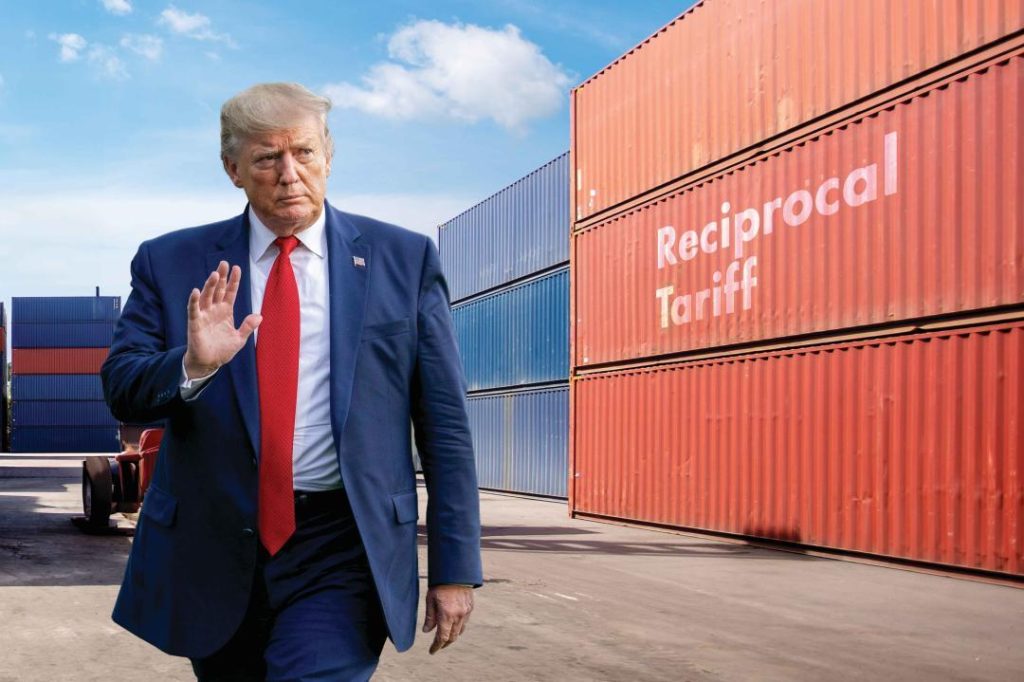
The Great Tariff War: Disruption, Diplomacy, & the Future of Trade
The global economy is on the brink of a significant disruption as the United States and China engage in a high-stakes game of tariffs. The latest move by the Trump administration to impose tariffs on $300 billion worth of Chinese goods has triggered a chain reaction, sending shockwaves through global supply chains and international trade agreements. As the world’s two largest economies clash, smaller nations like India are emerging as alternative manufacturing and logistics hubs. In this blog post, we’ll delve into the complexities of the tariff war, its implications on global trade, and the opportunities that arise for countries like India.
Background: The Tariff War
The tariff war between the US and China has been a long time coming. The Trump administration has been critical of China’s trade practices, accusing the country of intellectual property theft, forced technology transfers, and unfair trade practices. In response, the US has imposed tariffs on over $360 billion worth of Chinese goods, while China has retaliated with tariffs on over $110 billion worth of US goods. The latest escalation came in May when the US announced plans to impose tariffs on an additional $300 billion worth of Chinese goods.
Impact on Global Trade
The tariff war has far-reaching implications for global trade. The most immediate impact is the increase in costs for companies that import goods from China. This has led to a surge in prices for consumers, as companies pass on the additional costs to them. According to a report by the International Monetary Fund (IMF), the tariff war could reduce global economic output by 0.5% to 1.5% in 2020.
The tariff war has also disrupted global supply chains. Many companies have been forced to find alternative suppliers, often outside of China. This has led to a shift in the global manufacturing landscape, with countries like Vietnam, Indonesia, and India emerging as alternative manufacturing hubs.
India’s Opportunity
India is well-positioned to benefit from the tariff war. With its large and young workforce, India has the potential to become a major manufacturing and logistics hub. The country has already seen a surge in foreign direct investment (FDI) in recent years, with many companies setting up shop in India to take advantage of the country’s low labor costs and favorable business environment.
The Indian government has also been proactive in promoting the country as a global manufacturing hub. The government’s “Make in India” initiative aims to encourage foreign companies to set up manufacturing operations in the country. The initiative has been successful, with many companies already setting up shop in India.
India’s proximity to major markets, including the US and Europe, makes it an attractive location for companies looking to diversify their supply chains. The country’s logistics infrastructure is also improving rapidly, with many new airports, seaports, and highways being built.
Diplomacy & the Future of Trade
The tariff war is not just about economics; it’s also about diplomacy. The US and China have been engaged in trade talks for months, but so far, no agreement has been reached. The US is demanding significant changes to China’s trade practices, including the elimination of forced technology transfers and intellectual property theft. China has been resistant to these demands, and the two countries have struggled to reach an agreement.
The tariff war has also led to a re-evaluation of international trade agreements. The US has withdrawn from several trade agreements, including the Trans-Pacific Partnership (TPP) and the North American Free Trade Agreement (NAFTA). The US has also imposed tariffs on several countries, including Canada, Mexico, and the European Union.
The future of trade is uncertain, but one thing is clear: the world is moving towards a more fragmented and complex global trading landscape. Countries will need to be more agile and adaptable to navigate the changing landscape.
Conclusion
The tariff war between the US and China is a significant disruption to global trade. The conflict has far-reaching implications for companies, consumers, and governments around the world. However, it also presents opportunities for countries like India to strengthen their position as global manufacturing and logistics hubs.
As the world navigates this complex and uncertain landscape, countries will need to be proactive in promoting their economies and attracting foreign investment. The Indian government’s “Make in India” initiative is a good example of this. By promoting itself as a global manufacturing hub, India can attract foreign companies and create jobs for its citizens.
The tariff war is a wake-up call for countries around the world. It’s a reminder that the global economy is constantly changing, and countries need to be agile and adaptable to succeed. For countries like India, the tariff war presents a significant opportunity to strengthen its position as a global manufacturing and logistics hub.
Source:
https://www.logisticsoutlook.com/supply-chain/the-great-trump-tariff-war






